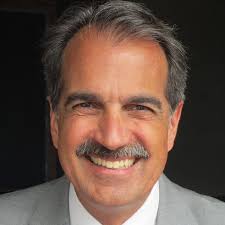Who Wrote the Bible?
Overview
The Jewish Bible is an anthology of sacred texts written by the ancient Israelite literati, spanning about one thousand years of literary productivity, from c. 1150 B.C.E. to c. 150 B.C.E. And yet, with the exception of the names of the prophets (Isaiah, Jeremiah, et al.), the works are all anonymous. Who wrote these books? Who wrote Genesis, Exodus, Joshua, Samuel, etc.? And when? And why?
Fortunately, the authors left clues within their narratives which provide us with leads. Somewhat like a detective story, we can build upon these clues to produce a credible reconstruction of how, why and when these ancient authors set pen to papyrus to produce the exquisite literature which one day would emerge as the Jewish Bible (= Christian Old Testament).
Discussion Questions:
1. How could there be such disagreement between and among scholars as to the authorship of the biblical texts and to their dating?
2. If we have understood your talk correctly, you pay close attention to the linguistic evidence, which suggests that the books of the Torah are written earlier rather than later. So…why do other scholars not agree, and/or why do they ignore the linguistic evidence, which seems like a very objective yardstick?
3. Why does the Torah incorporate divergent viewpoints? What led the compilers of the Torah to include both the priestly view in the book of Leviticus and the non-priestly (more lay-oriented) view in the book of Deuteronomy?


